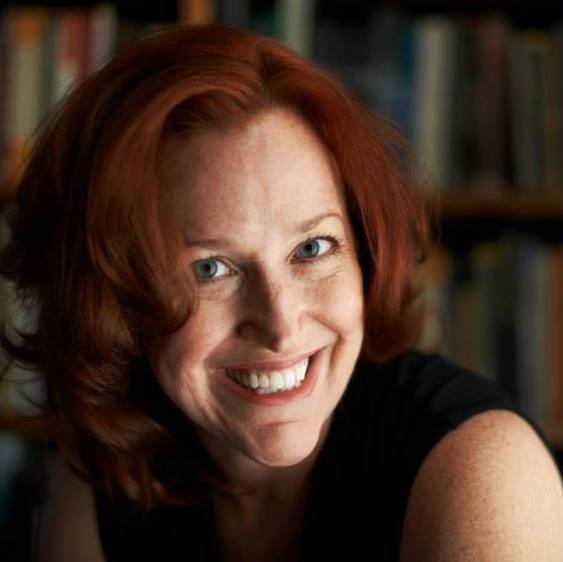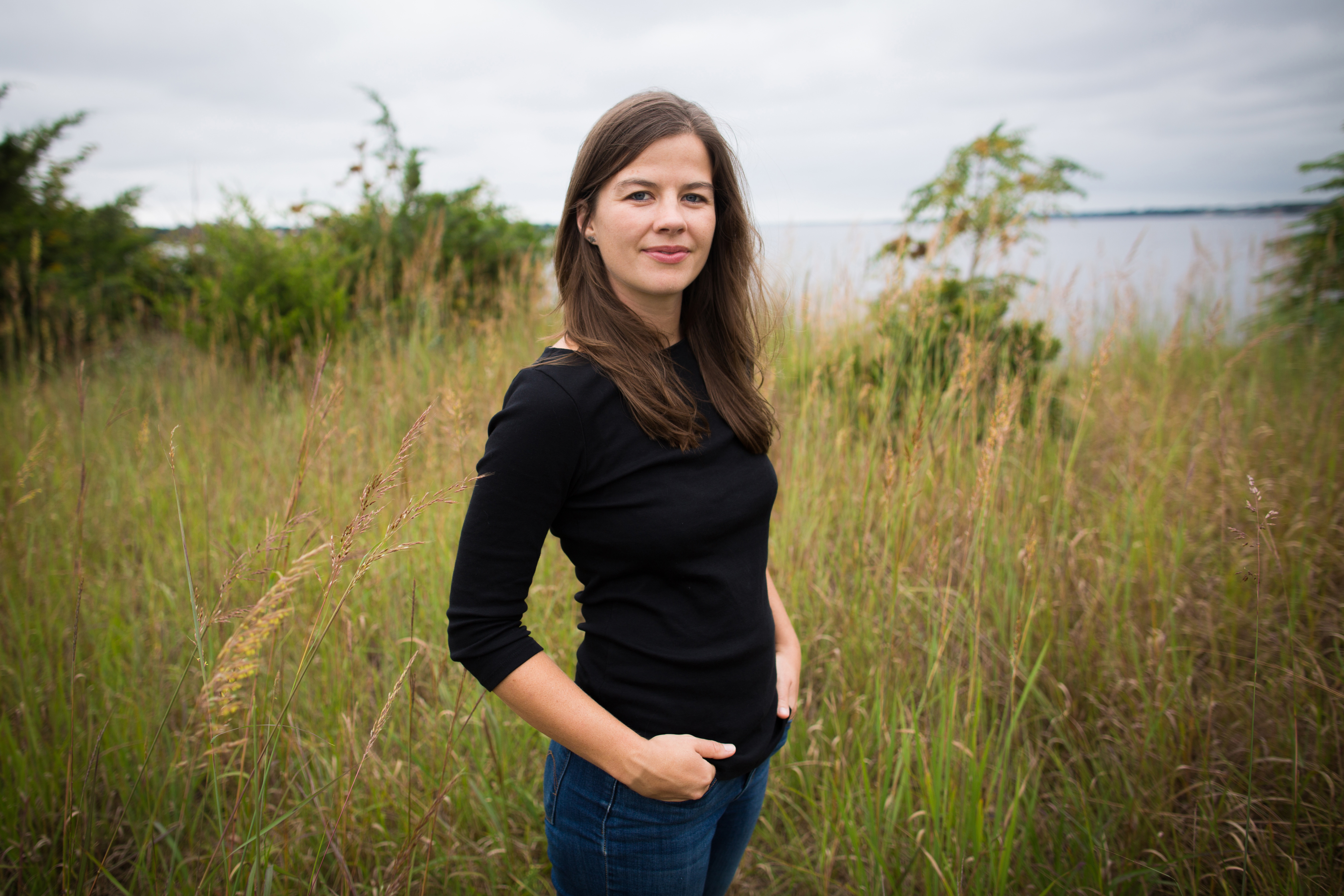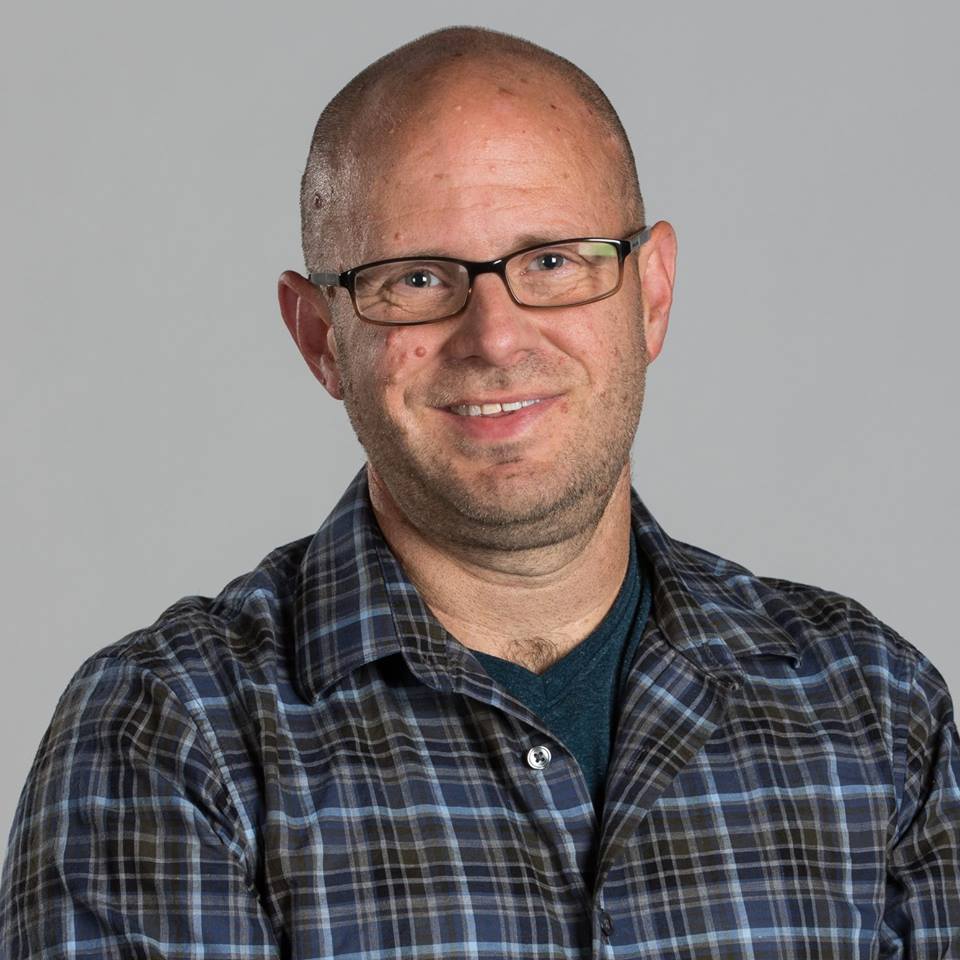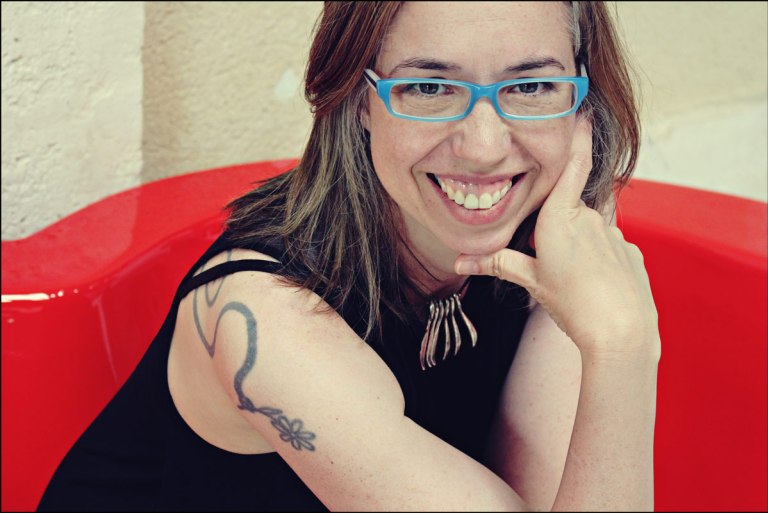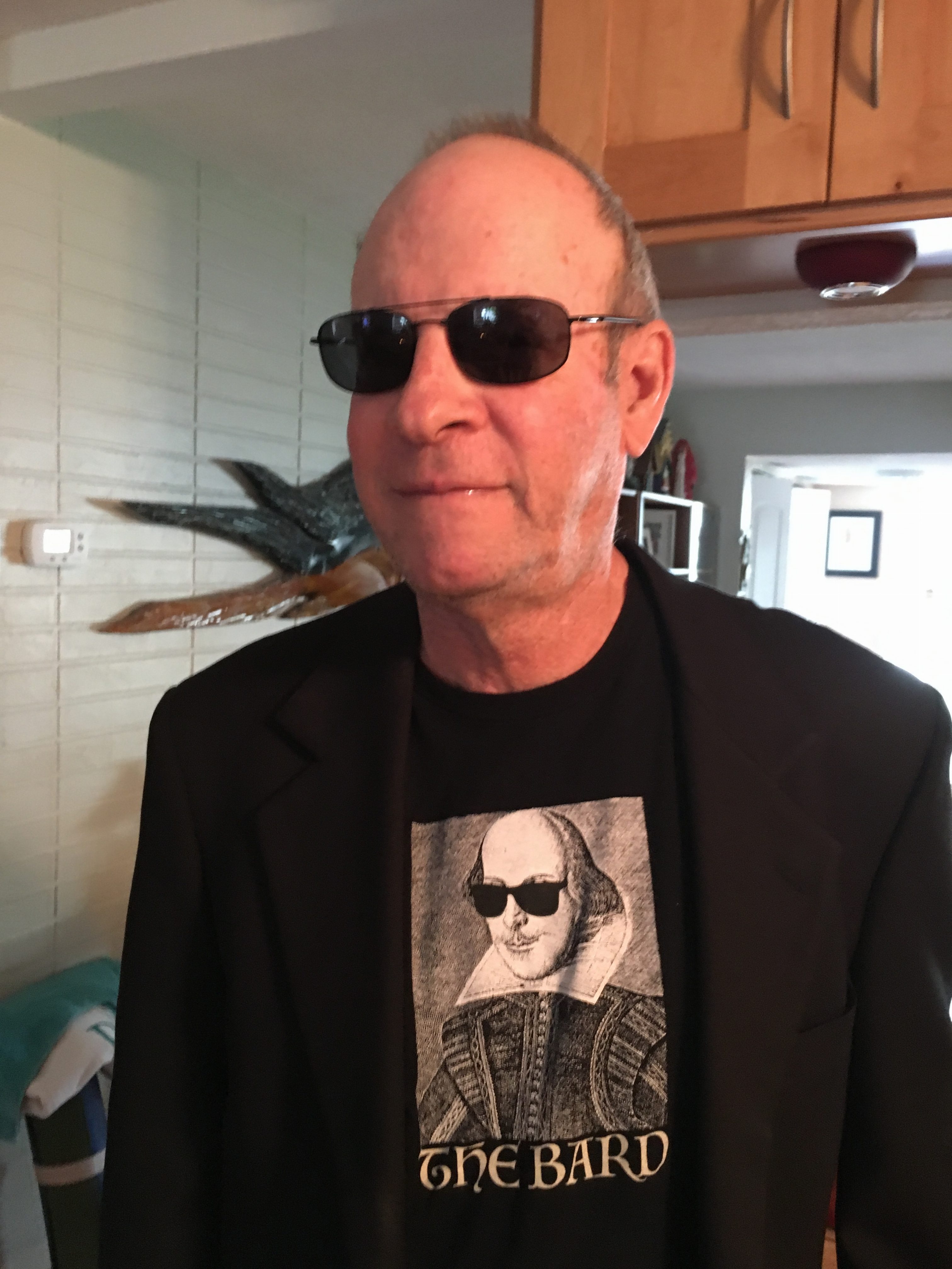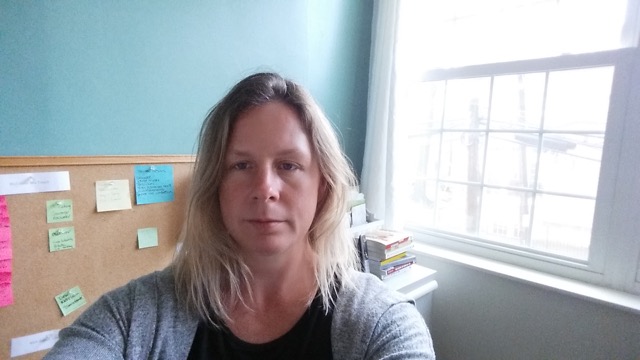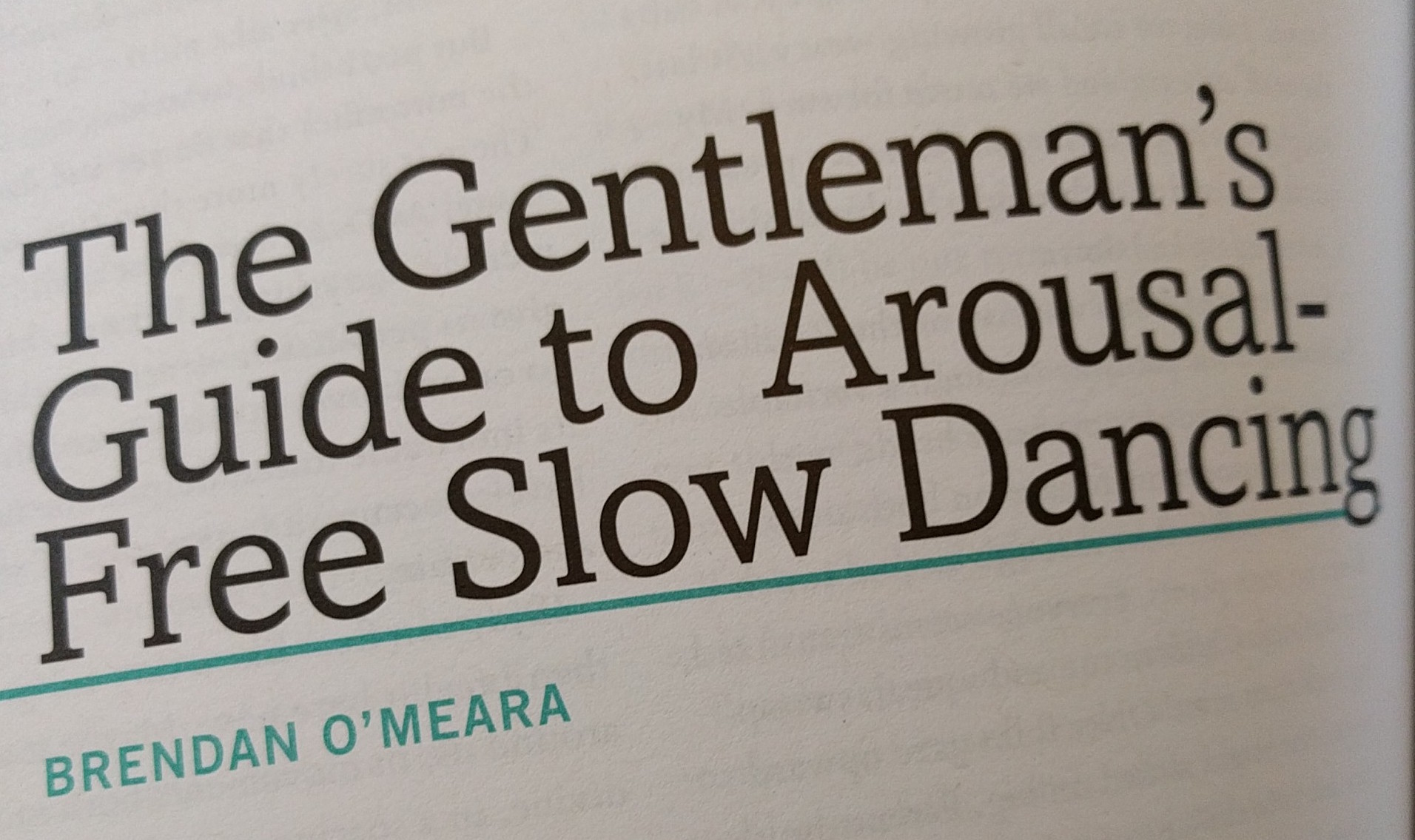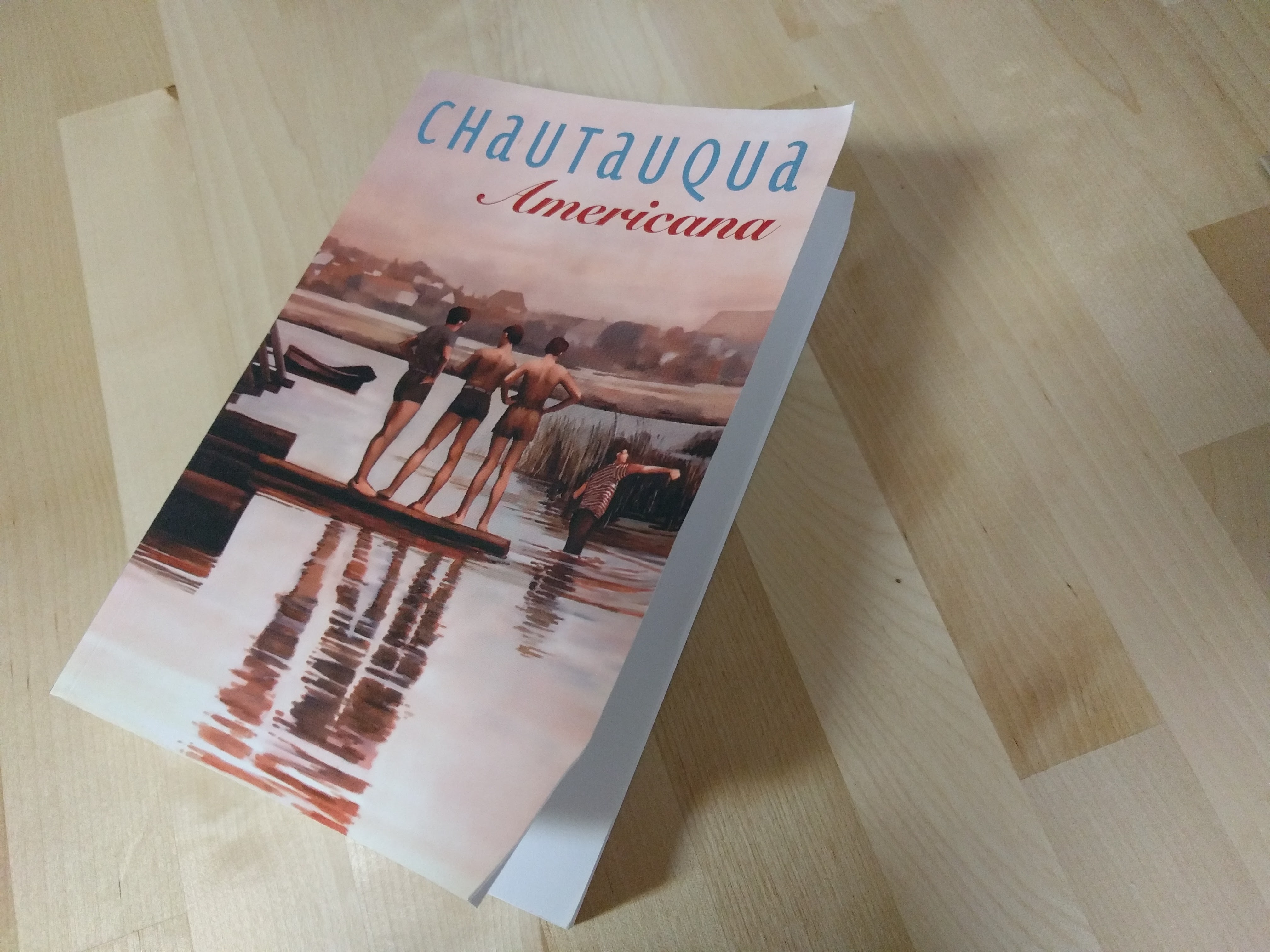By Brendan O’Meara
Truman Capote, one of the master writers of his time and a tragic alcoholic, was loquacious as a speaker and a damn-good listen. Or, if you’re reading Writers at Work: The Paris Review Interviews edited by Malcolm Cowley, he’s a damn-good listen/read.
In the conversation he had with Pati Hall, Capote talks about his influences, his writing process, and whether style can—or can’t—be learned. For anyone who has read his work and one need look no farther than his opening passage from his nonfiction novel In Cold Blood, one sees the skillful use of language and imagery.
But can a writer learn style, or is it something somehow genetic?
Capote says
No, I don’t think that style is consciously arrived at, any more than one arrives at the color on one’s eyes. After all, your style is you. At the end the personality has to be humanly there. Personality is a debased word, I know, but it’s what I mean. The writer’s individual humanity, his word or gesture toward the world, has to appear almost like a character that makes contact with the reader.
Then how is a style or voice formed? For generations, writers have stolen the styles of their idols and over time—and with much repetition—forged what can be called uniquely their own voice. And how else does a writer come to that realization other than by reading and reading and reading.
Capote, when asked if read a great deal, said:
Too much. And anything, including labels and recipes and advertisements.
A writer need not look to the classics or great literature to find the language dancing. Sometimes a tweet, a Google ad, or the terse nature of technical writing can provide a certain sense of clarity that often gets lost when writers shoot for florid prose, and, it should be said, often miss.
When it came to writing drafts, Capote opted for a pencil, and always wrote in bed. As with any piece of writing, sometimes it needs … time.
After typing out a third draft using a type writer in the lap the way we may use a laptop Capote:
[P]uts the manuscript away for a while, a week, a month, sometimes longer. When I take it out again, I read it as coldly as possible, then read it aloud to a friend or two, and decide what changes I want to make and whether or not I want to publish it. I’ve thrown away rather a few short stories, an entire novel, and half of another. But if all goes well, I type the final version on white paper and that’s that.
This 1959 edition of Writers at Work features William Faulkner, Dorothy Parker, and Thornton Wilder, offering tremendous insights into the minds of writers. Partner any of these interviews with the many that The Paris Review has published online with modern authors of fiction and nonfiction.
I hope you share this essay with your friends and if you like this, be sure to subscribe to my creative nonfiction podcast, #CNF, on iTunes or Google Play Music, where I speak with artists about creating works of nonfiction.
